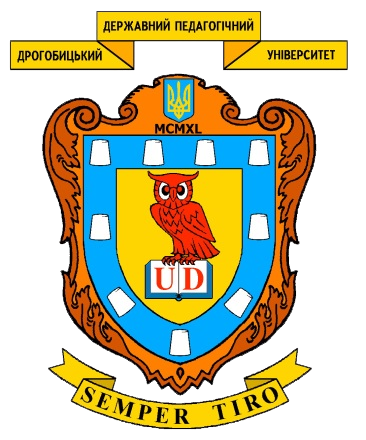PSYCHOLOGICAL FEATURES OF DEVELOPMENT OF PERSONAL DIGNITY IN ONTOGENESIS
DOI:
https://doi.org/10.24919/2312-8437.45.198634Keywords:
development; ontogenesis; personality; dignity; responsibility; moral development; development theoriesAbstract
The paper represents the results of a scientific analysis of theoretical approaches to the study of personal dignity development problem. The relevance of psychological research on the problem of personality development is associated with such value as dignity. Human dignity is the absolute value of man on the basis of his human nature. Dignity is considered to be the most important parameter of human life; complex integrative personal education connected with self-development of a person and consistent achievement of results in the social sphere as well as in the area of personal and spiritual growth. In modern studies, personality development is seen as a special kind of internal change associated with the emergence of new elements, as well as changes in the structure and specific relationships between its elements. In philosophy, postmodern development is defined as self-unfolding, a qualitative change in the nature, activity, and mental activity of a substance; as a change in the sequential history of a system object. In the concept of developmental learning, development is interpreted as the formation of abilities through the development of ways of activity in various fields. In Cognitive Psychology, J. Piaget explored the peculiarities of the development and functioning of moral consciousness in connection with the gradual formation of the cog-nitive abilities of the child. Possibilities and features of personal dignity development were explored on a comparative model of the development of ego by J. Levinger and S. Cook-Greuter. The model of development as a unity of continuity and continuity, presented in the comparative theory of ego development allows us to trace the possibilities and features of the development of dignity of the individual. The fundamental position for becoming a person of dignity is determined by the stage of honesty.
References
Выготский, Л.С. (1982–1984). Сочинения (Т. 1–6). Москва: Педагогика.
Давыдов, В.В. (1996). Теория развивающего обучения. Москва: ИНТОР.
Коновальчук, В.І. (2016). Творча особистість у просторі освіти. Умань: ФОП Жовтий О. О.
Маслоу, А. (1997). Дальние пределы человеческой психики. Санкт-Петербург: Евразия.
Пиаже, Ж. (1994a). Избранные психологические труды. Москва: Международная педагогическая академия.
Пиаже, Ж. (1994b). Речь и мышление ребенка. Москва: Педагогика-Пресс.
Слободчиков, В.И., & Цукерман, Г.А. (1996). Интегральная периодизация общего психического развития. Вопросы психологии, 5, 38–50.
Фрейд, А. (1993). Психология «Я» и защитные механизмы. Москва: Просвещение.
Фрейд, З. (1989). Введение в психоанализ: лекции. Москва: Наука.
Щедровицкий, Г.П. (1995). Избранные труды. Москва: Школа культурной политики.
Эльконин, Б.Д. (1994). Введение в психологию развития. Москва: Тривола.
Эльконин, Д.Б. (1995). Психическое развитие в детских возрастах. Москва: Институт практической психологии. Kohlberg, L. (1975). Moral stages and moralization. New York: Winston.
Loevinger, J. (1976). Ego development: conceptions and theories. San Francisco: Jossey Bass Publishers.
Cook-Greuter, S.R. (n.d.). Ego development: Nine levels of increasing embrace. Retrieved from http://newpossibilitiesassociates.com/uploads/9_ levels_of_increasing_embrace_update_1_07.pdf.







